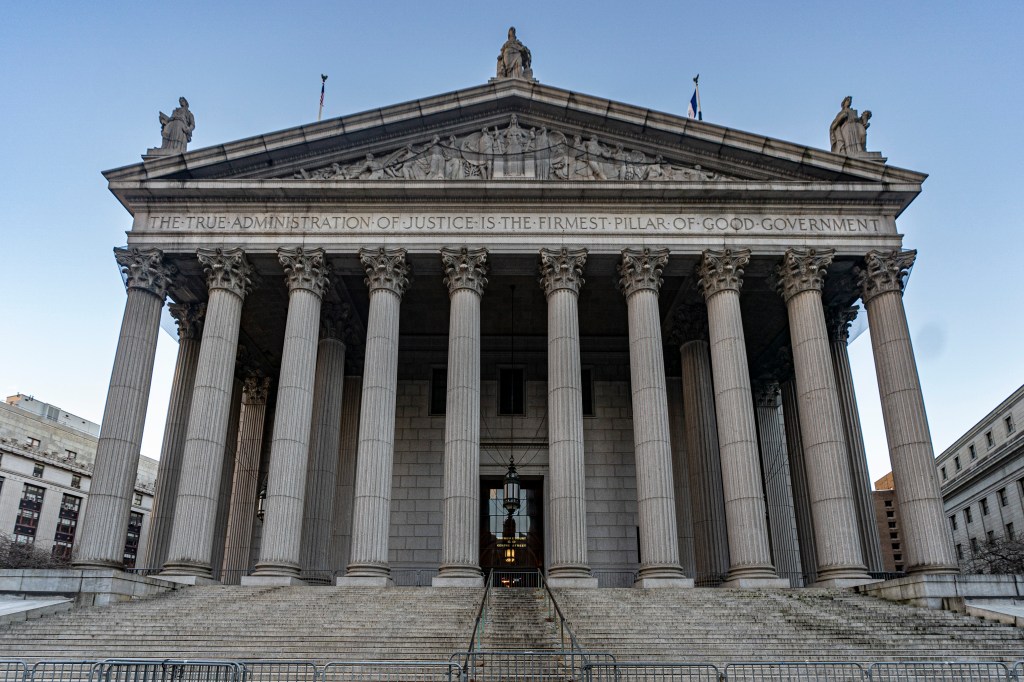
The Supreme Court on Tuesday declined to hear an Indiana public school district defend its segregating bathrooms by sex.
The highest court offered no comment when it rejected the Metropolitan School District of Martinsville’s appeal of a lower court’s ruling that banning transgender students from using the bathrooms of the gender they identify with violates the students’ constitutional rights and federal anti-discrimination law.
Attorneys for the school district had asked the court to “preserve the autonomy of school boards to make decisions.”
A spokesperson for Indiana Attorney General Todd Rokita slammed the Supreme Court for its inaction, stating it “did not take a necessary opportunity to provide clarity.”
“It makes little sense for SCOTUS not to resolve the difference in federal cases -— but because of this split — children in other parts of this country will be properly protected,” the spokesperson told The Post in an email.
“Unfortunately for now, our schools will be forced to allow transgender students to use whichever bathroom they feel corresponds to the gender identity they’ve picked to use on that day. We will continue our fight so regular, common-sense Hoosier parents can raise their children free of this toxic transanity.”
The US Supreme Court on Monday rejected an Indiana public school district’s request to defend a policy that restricted bathroom access by sex. APThe case originated in 2022 when the mother of a 7th-grade transgender boy — identified in court papers as “AC” — won her lawsuit challenging the Metropolitan School District of Martinsville’s policy preventing her son from using the male’s restroom.
AC was diagnosed with gender dysphoria and was in the process of having his name and gender legally changed on his birth certificate, according to the lawsuit.
The Chicago-based 7th US Circuit Court of Appeals upheld an order that the school allow bathroom access corresponding with the student’s gender identity the following year.

The Supreme Court has declined to hear the appeal brought by the Metropolitan School District of Martinsville, Indiana. Getty ImagesThe school district had argued that Title IX lets schools provide separate bathrooms on the basis of sex and that equal-protection concerns do not bar schools from protecting the interests of other students “in shielding their bodies from exposure to the opposite sex.”
The case over transgender rights is not the first that the Supreme Court — which has a 6-3 conservative majority — has sidestepped.
Last year, however, it refused to let West Virginia enforce a state law banning transgender athletes from female sports teams at public schools, one of many Republican-backed measures across the country targeting LGBT rights.
Other federal courts across the nation have been divided on school policies requiring transgender students to use the restroom corresponding to their birth sex.
The Richmond, Virginia-based 4th US Circuit Court of Appeals found a Virginia school’s policy illegal, while the Atlanta-based 11th Circuit upheld one in a Florida school.
At least nine states restrict transgender students to bathrooms that match the sex they were assigned at birth.



